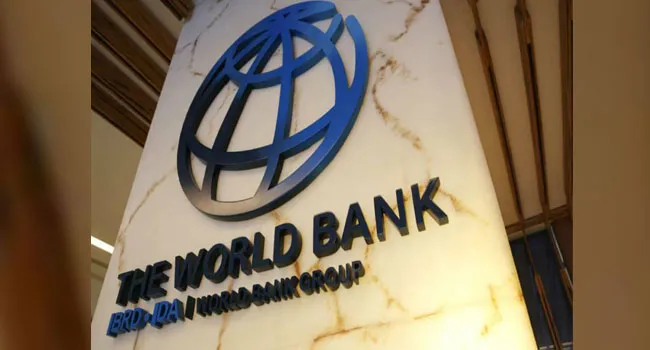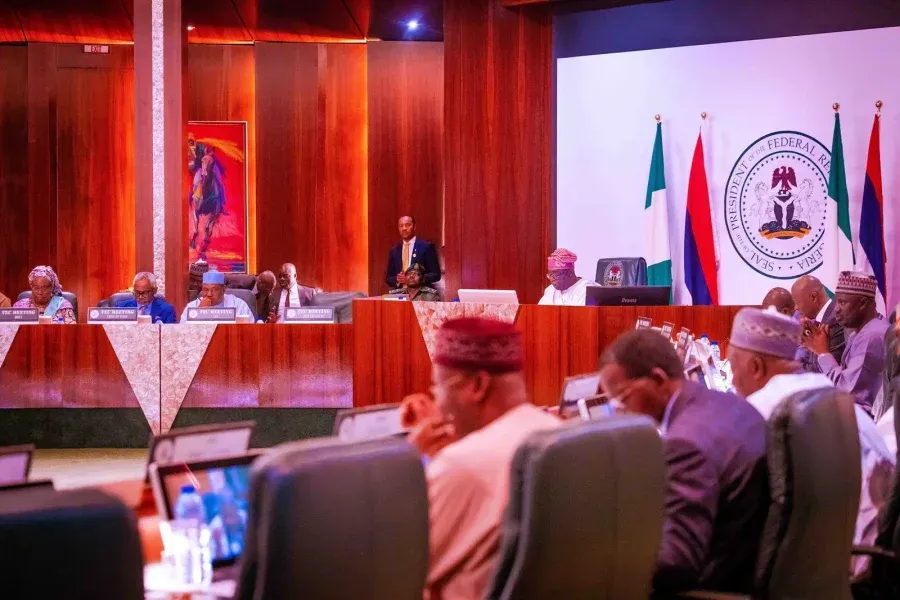The Socio-Economic Rights and Accountability Project (SERAP) has initiated legal action against President Bola Tinubu, seeking a probe into the alleged disappearance, diversion, or mismanagement of a $3.4 billion loan secured by Nigeria from the International Monetary Fund (IMF) to address the COVID-19 pandemic and fund the national budget.
In a lawsuit filed at the Federal High Court in Abuja with the suit number FHC/ABJ/CS/269/2024, SERAP demands that President Tinubu be compelled to investigate the grim allegations outlined in the 2020 Nigeria’s annual audited report by the Auditor-General of the Federation.
SERAP’s legal action, spearheaded by its lawyers Kolawole Oluwadare and Andrew Nwankwo, aims to ensure accountability and transparency in the handling of public funds. The organization seeks orders mandating President Tinubu to probe the whereabouts of the missing IMF loan, prosecute individuals implicated in its mismanagement, and facilitate the full recovery of the funds.
According to SERAP, the revelations in the Auditor-General’s report suggest a blatant disregard for public trust, constitutional provisions, and national anticorruption laws. The organization argues that the alleged mismanagement of the IMF loan exacerbates Nigeria’s economic challenges and burdens its citizens with the repayment of funds that have not been utilized for their intended purposes.
Highlighting the urgency of the matter, SERAP emphasizes the detrimental impact of corruption on economic development and the well-being of Nigerians. The organization asserts that holding perpetrators accountable for financial malpractice is crucial to restoring public confidence and fostering sustainable development.
Joined in the lawsuit as a Respondent is Mr. Lateef Fagbemi, SAN, the Attorney General of the Federation and Minister of Justice, underscoring the broader institutional accountability sought by SERAP in its pursuit of justice and transparency.
The legal action underscores the imperative for responsible governance and underscores the need for diligent oversight to prevent the misappropriation of public funds, particularly those earmarked for essential services and emergency response efforts.
As the case unfolds, SERAP remains committed to upholding the principles of good governance, transparency, and accountability in Nigeria’s public administration, advocating for the equitable distribution and effective utilization of resources for the benefit of all citizens.
The outcome of this lawsuit will likely have far-reaching implications for Nigeria’s efforts to combat corruption, promote fiscal responsibility, and safeguard public resources from exploitation and mismanagement.





